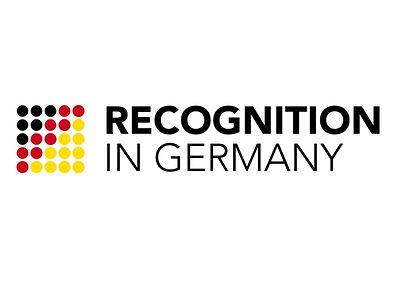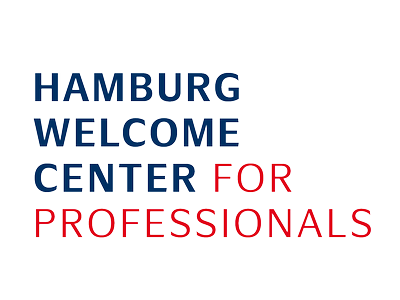According to the 2013 OECD Migration Report, Germany is the most popular country for immigration after the USA (). And with reason: the quality of life is high, the economic situation is stable and career prospects are good.
Employment
Hamburg is the economic center of a metropolitan region with over five million people. Sectors with a strong focus on the future, such as aviation, renewable energies, life sciences, logistics and food, ensure a growing labor market and a wide range of employment opportunities. Around 10,000 companies expand to or are newly founded in the Hamburg metropolitan region every year.
For applications, please be aware that professional or educational qualifications may not be the exact equivalent of a similar qualification obtained in Germany and could require that they be ‘recognised’ by German authorities to confirm equivalency.
Further information can be found on the Job Portals page.
Residence
Citizens of the European Union benefit from freedom of movement and have a variety of perspectives for living and working in Germany. The same applies to citizens of Liechtenstein, Iceland or Norway. Citizens of these countries do not need a work or residence permit in Hamburg. Swiss nationals also enjoy freedom of movement within the EU, but must apply for a purely declaratory Swiss residence permit within three months at their local immigration office.
Most non-EU citizens who want to work in Germany need a visa for entry and a residence permit for their stay, though citizens of Australia, Israel, Japan, Canada, the Republic of Korea, New Zealand and the United States can enter Germany without a visa and can apply for the required residence permits at the immigration authorities in Germany. Please inform yourself on our pages about entry and residence regulations.
There are provisions to facilitate immigration for highly qualified and skilled workers:
- For university graduates: EU Blue Card
- For other skilled workers: residence permit for employment
Graduates of non-academic vocational training completed abroad can obtain a residence permit for employment if:
- a binding offer of employment in Germany is available,
- the vocational training is equivalent to a German qualification and is recognised as such, and
- there is a high demand on the German labour market for the profession in question
A residence permit may also be issued for qualification measures with the aim of having a vocational training recognised in Germany.
Vocational training provides you with a good foundation for possible follow-up employment in Germany. If you are undergoing vocational training and a company wants to train you, you can apply for a residence permit for this purpose.
There are special residence permits for researchers and self-employed persons.
Six month job hunting visas can also be obtained in Germany in order to find a job appropriate to your qualifications.Please note that working is not permitted with a job search visa. Once a suitable job has been found, the necessary residence permit can be applied for and then work in Germany may commence. Prospective job searchers can apply for the visa at the responsible German consulate or embassy based on country of origin. There applicants will also receive detailed information on the application requirements.
For all residence titles require proof of sufficient health insurance coverage as well as funds to secure a livelihood while staying in Germany.





